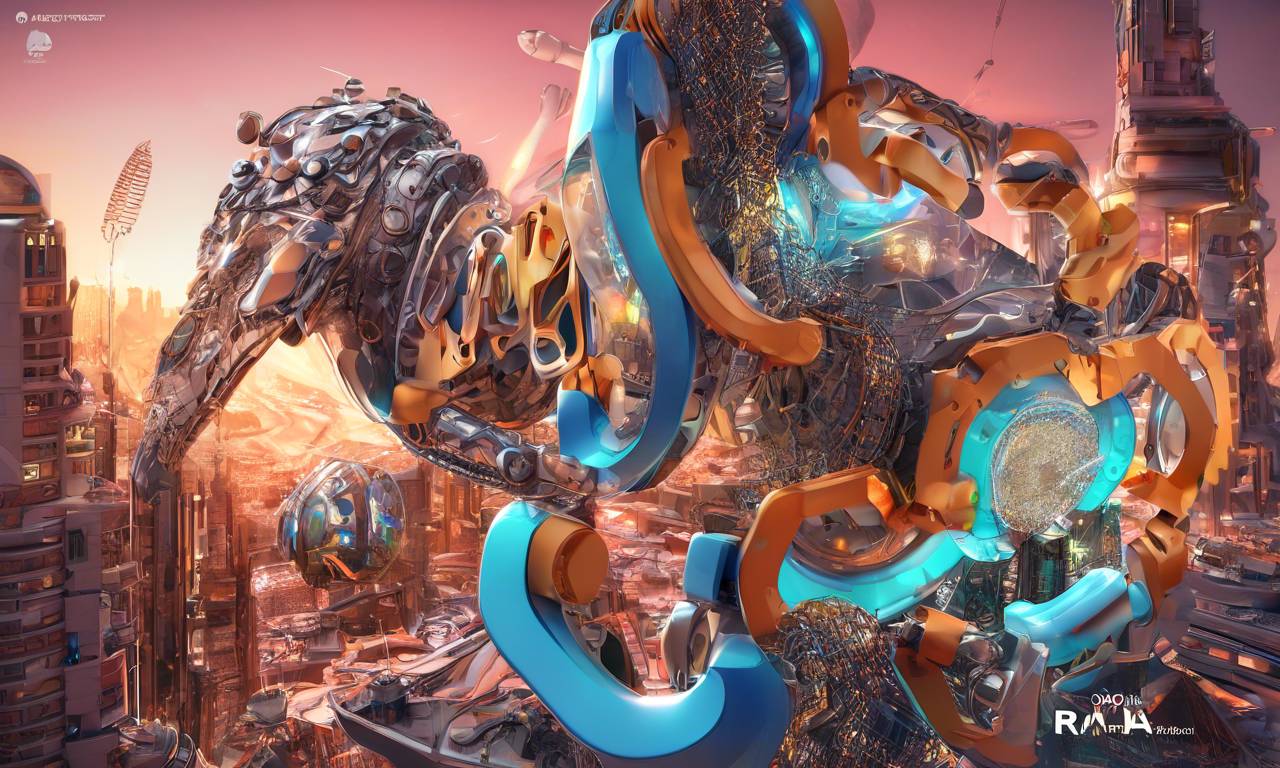The Future of Blockchain: Real-World Applications and Challenges in the MENA Region
Blockchain technology has come a long way since its inception with Bitcoin. While cryptocurrencies often dominate the headlines, the true potential of blockchain lies in its ability to facilitate secure and decentralized data processing in real-world scenarios. Imagine a supply chain operating with unparalleled transparency and efficiency or a voting system where each vote is recorded anonymously and immutably. These are not distant dreams but rather tangible applications that many countries, including those in the Middle East and North Africa (MENA) region, are exploring. In this article, we will explore how blockchain’s expansion beyond transactions is shaping its future, the most promising real-world applications in the MENA region, and the current challenges faced in these developments.
Blockchain’s Expansion Beyond Transactions
Ethereum serves as a prime example of how blockchain projects have evolved from simple transactions to more tangible applications. The Ethereum network has transformed into a platform for decentralized applications and smart contracts, showcasing blockchain’s potential as a trust-building technology. Companies like Ernst & Young (EY) and Microsoft have utilized blockchain technology to manage intellectual property rights and automate royalty payments in the gaming industry. Moreover, healthcare research studies have demonstrated how patient data can be securely managed using blockchain, while collaborations in travel and wellness sectors have highlighted its versatility. By leveraging blockchain’s core strengths such as decentralized control, immutability, and transparency, various industries can address pressing challenges.
Strategies for Real-World Integration
To ensure that blockchain technology takes root in the real world, it must be introduced as a practical solution. Collaboration with established industries is one key strategy that allows blockchain projects to tailor their solutions to real-world needs. For example:
- HAQQ partnered with GoMeat to provide a blockchain infrastructure for GoMeat’s delivery platform, transforming the traditional halal meat market and enhancing accessibility for diverse communities.
- Polygon Network partnered with MSP Recovery to develop LifeChain, a blockchain-based healthcare claims platform.
- Traditional banks like Citibank and JPMorgan have integrated blockchain technology into their financial services, including FOREX.
- Several banks in the UAE, such as Emirates Islamic and Mashreq Bank, are working on their blockchain-based solutions.
Another approach to integration is representing real-world assets as digital tokens on the blockchain. This allows assets like currencies, commodities, equities, and bonds to become part of the decentralized finance ecosystem, providing wider access to financial tools. However, beyond integrating the technology itself, creating user-friendly interfaces and comprehensive educational resources is crucial to bridging the gap between the complexity of blockchain and its practical application.
What’s Hindering Blockchain Adoption?
While integrating blockchain into various industries shows promise, there are several challenges that need to be addressed:
- Scalability: As blockchain applications grow, they must be able to handle increased transaction volumes without compromising speed or security. Developers are working on enhancing scalability through solutions like Layer-2 protocols and sharding techniques.
- Regulatory hurdles: The decentralized nature of blockchain poses challenges for traditional regulatory frameworks. Striking a balance between implementation and regulation is essential to protect consumers while fostering technological advancement.
- Complex user experience (UX): Blockchain applications must become more accessible and user-friendly to achieve mass adoption. Simplifying interfaces and improving overall user experience are key factors in making blockchain technology approachable for everyday users.
Reflecting on Blockchain’s Future
The journey from a digital ledger to a transformative tool for various industries relies on blockchain’s integration with real-world applications. The MENA region is currently witnessing the testing of markets for these applications, which is crucial for achieving widespread adoption. For blockchain projects to be successful, they must evolve beyond their digital origins and find practical applications in the real world. This will prove their value beyond transactions or speculative assets, similar to the way MidJourney or stETH have gained popularity.
About the Author
Mohammed AlKaff AlHashmi is the co-founder and CBO of Islamic Coin, a currency dedicated to empowering an ethics-first Shariah-compliant financial ecosystem. With over eighteen years of experience in computer science and engineering, Mohammed focuses on Industry 4.0, artificial intelligence, machine learning, industrial automation, and IoT. He is also a public speaker and mentor, seeking to educate community members.
Hot Take: Embracing Blockchain’s Potential in Real-World Applications 🚀
Blockchain technology has the potential to revolutionize various industries by providing secure and decentralized solutions. The MENA region is actively exploring real-world applications of blockchain, ranging from supply chain management to healthcare claims platforms. However, challenges such as scalability, regulatory hurdles, and complex user experience need to be addressed for widespread adoption. By collaborating with established industries and integrating real-world assets into the blockchain ecosystem, blockchain projects can enhance accessibility and bring tangible benefits to users. The future of blockchain lies in its ability to bridge the gap between digital innovation and real-world application.
Noah Rypton stands as an enigmatic fusion of crypto analyst, relentless researcher, and editorial virtuoso, illuminating the uncharted corridors of cryptocurrency. His odyssey through the crypto realms reveals intricate tapestries of digital assets, resonating harmoniously with seekers of all stripes. Noah’s ability to unfurl the labyrinthine nuances of crypto intricacies is elegantly interwoven with his editorial finesse, transmuting complexity into an engaging symphony of comprehension.

